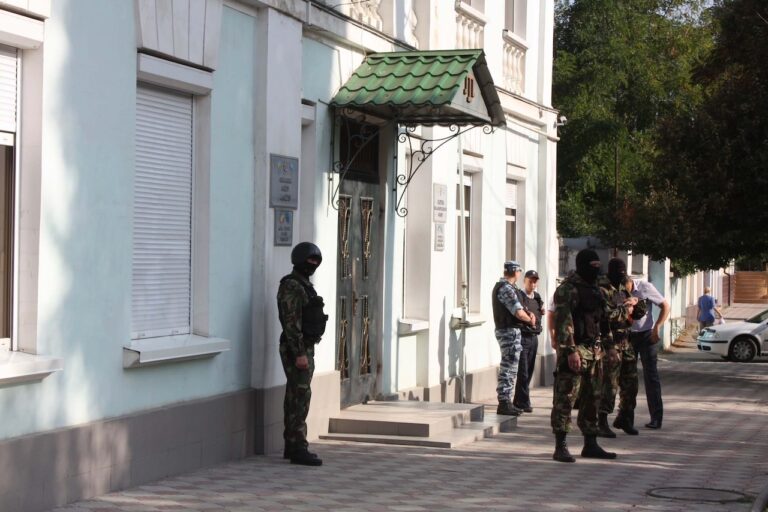ARTICLE 19 urged the Russian government to address rights violations in the region and to adopt comprehensive measures, specifically relating to the right to freedom of expression.
(ARTICLE 19/IFEX) – 23 June 2010 – ARTICLE 19 welcomes the Parliamentary Assembly of the Council of Europe’s (PACE) adoption of a resolution and recommendation on legal remedies for human rights violations in the North Caucasus. ARTICLE 19 urges the Russian government to address the violations and to adopt comprehensive measures, specifically relating to the right to freedom of expression.
On 23 June, PACE unanimously adopted the resolution based on a report by the Committee on Legal Affairs and Human Rights. The resolution states that: “the situation in the North Caucasus, particularly in the Chechen Republic, Ingushetia and Dagestan, constitutes today the most serious and most delicate situation from a standpoint of safeguarding human rights and upholding rule of law, in the entire geographical area covered by the Council of Europe.” Members of the Assembly paid tribute to human rights activists, lawyers and journalists working in difficult circumstances, often endangering their lives, in order to help victims obtain justice and denounce abuses.
PACE also adopted a recommendation for the Committee of Ministers, calling on them to directly monitor Russia’s commitments in the North Caucasus. Many of the concerns outlined by the report and resolution reflect the repeated calls made by ARTICLE 19 and other organisations to the Russian government. In the 29 April 2010 statement, titled Russia: Freedom of Expression under Threat in the North Caucasus, ARTICLE 19 highlighted the complete lack of security and protection for media workers and human rights defenders in the region. The statement emphasised increasing harassment and violence, continued misuse of legislation to suppress criticism and independent voices, and a lack of proper investigation into murders and assaults. The Russian government has systematically failed to address these concerns.
The statement also underlined how defamation laws are still being used to harass and silence independent media and human rights defenders. In the case of Oleg Orlov, head of human rights organisation Memorial, court proceedings, including a summons for 6 July, have continued despite a public retraction of the complaint by the plaintiff, Chechnya’s President Ramzan Kadyrov. These relate to the publication on 15 July 2009 of a statement by Orlov in which he indicated that he believed that Kadyrov, or his administration, were morally responsible for the murder of human rights defender Natalia Estemirova.
ARTICLE 19 calls on the Russian government to implement the calls within PACE’s resolution and use this opportunity to take full responsibility for freedom of expression violations in the region.


